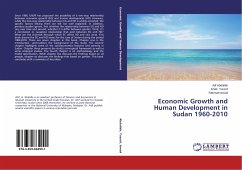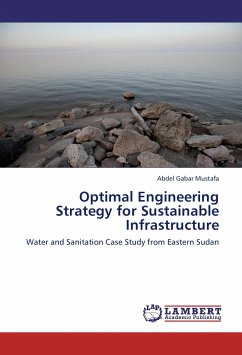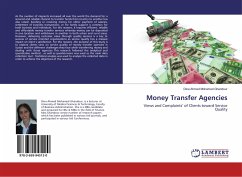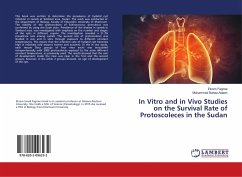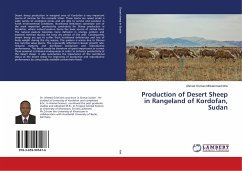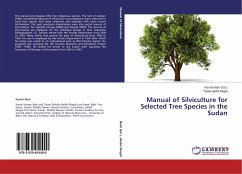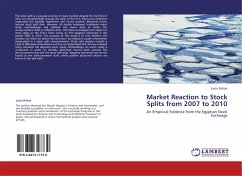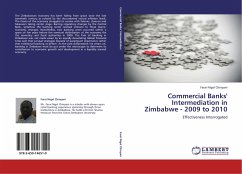Since 1996, UNDP has proposed the possibility of a two-way relationship between economic growth (EG) and human development (HD). However, while this two-way relationship between EG and HD is widely accepted, the specific factors linking them are still not well explained. In addition, previous studies ignore, first whether the relationship between EG and HD vary over time and second, whether it is differ between gender. Third, it's a correlation or causation relationship that exist between EG and HD? What are the channels through which EC affect HD and vice versa. This book discuss the EG and HD nexus for the case of Sudan during the period 1960-2010. There are seven chapters in this book. Chapter one is the introduction and outlines the background of the study. The second chapter highlights some of the socioeconomics features and poverty in Sudan. Chapter three presents the study's conceptual framework as well as some empirical studies. The fourth chapter is on methodology and the model specification. While chapter five discusses the findings based on all people, chapter six discusses the findings that based on gender. This book concludes with a summary of key ideas.

